There are some who travel the Camino without any physical preparation, and they get through it and reach the tomb of St James in Santiago de Compostela. You will have, however, a far more pleasant experience if you do some hill-walking or aerobic exercise in the months before going on the Camino! If you intend to cycle the Camino, you should be comfortable cycling 100km per day. If you do not currently enjoy a reasonable level of fitness, it may take many months of training to reach a suitable level of fitness to enjoy the Camino. It is essential to start slowly and gradually increase your fitness. Try to exercise for between 30 and 45 minutes three times per week (walking, running, cycling or swimming) and go for longer walk or bike rides on the weekends, which should include some hills.

Squeeze in extra walking, where & when you can!
- Switch all or part of your work commute. Park further away from the office, get off the train at increasingly earlier stops, or use public transport in the morning then walk home in the evening.
- When catching up with your friends or family, invite them for a walk. Bring them a takeaway coffee (in a reusable cup of course) and turn the countryside or local park into your moving café.
- Use your lunch-breaks to go for short walks.
- Get a smart-watch or step counter. It doesn’t have to be an expensive one. You’ll soon be setting yourself daily step count challenges, and nothing gets you off the sofa for an evening stroll like being just 1000 steps short of your target!
- If you tend to rely on taxis a lot, ban yourself from using them! Be strict with yourself, and you’ll soon learn to leave extra time for walking to and from bus/train stations.
- You’ll need to get used to carrying a rucksack, so for your walks switch your work-bag/handbag/shopping bags for your rucksack.
- It’s not a task! Walking is fun, great for the mind and body, and easy to fit into your routine. Think about it as a positive change in your life.
6 Months to Go
Great, you’ve got plenty of time! Starting your training six months before your trips is the ideal goal.
- Begin very gently, and set up monthly goals. These goals depend on your fitness but could be to comfortably walk 5km in month 1, 15km in month 3, and feel confident completing a 25km walk by month 5. You don’t have to walk those distances on every walk, but squeeze in a few long-distance days in the final month or so before your trip.
- Back to back walking days are the key. Block a weekend or two in the diary now where you’ll walk at least two days in a row on long-distance walks. Perhaps on day one, you could walk to a nearby town for lunch then walk back, and on day two you could climb a hill, enjoying a picnic on the way. It doesn’t have to be a chore!
- Rest when you need it. You’re building up your fitness; it’s not a race.

3 Months to Go
There’s still plenty of time!
- Use the tips above to squeeze more walking into your daily routine, and make it your mission to do at least one of these extra walks, no matter how small, every day.
- Set realistic but ambitious weekly or fortnightly goals to do walks of increasing distances. Put them on your calendar or set a reminder on your phone each week, such as “Have you completed a 10km walk this week?”
- Make sure you do a couple of those back to back walking days within the final weeks.
1 Month to Go
Left it a bit late? As long as you are a reasonably active person and have a good base level of fitness, you’ll be fine!
- Aim to switch all or part of your daily commute to walking. Don’t commute? Get up 30min earlier to do a circular walk before starting your day.
- Build up from short walks 2-3 times a week of approximately 3-5km, to longer walks of approximately 5-10km.
- Work gradually towards testing yourself in the final week on at least one walk which is similar to the average daily distance of your Camino itinerary. Put that day in your diary now and stick to it.
- At weekends or on your days off, plan at least two days of back to back walking, of a good distance.
Of course, you should always be honest with yourself – there’s nothing wrong with aiming high but if you’re concerned about your health or fitness, or have medical conditions which may affect your ability to complete the route safely, do contact your doctor. Take a break after a day on the trail. You've earned it!

Health
You must consult your doctor before embarking on this trip if you answer yes to any of the following questions:
- Has your doctor ever told you that you have a heart condition?
- Have you had any pains in your chest or heart?
- Do you frequently lose your balance, feel faint or have spells of severe dizziness?
- Has your doctor has ever said that your blood pressure is too high?
- Do you have a bone or joint problem that could be made worse by a change in your physical activity?
- Are you taking any prescription medications, such as those for heart problems, high blood pressure, high cholesterol or diabetes?
- Do you know of any other reason why you should not engage in physical activity?
- Are you pregnant?
If you have any questions about the route, don't hesitate to contact one of our Destination Specialists, who will be more than happy to help.
This is an updated version of a post that was originally released in 2014.








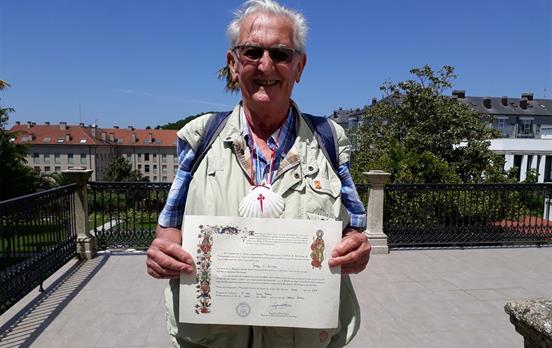
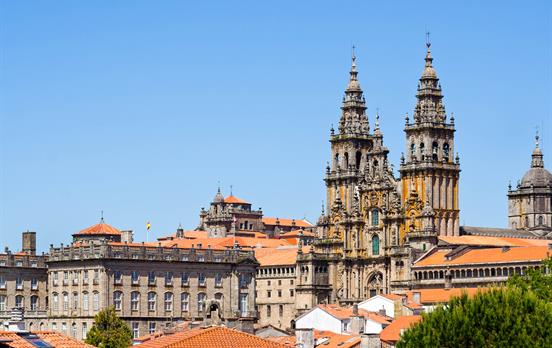
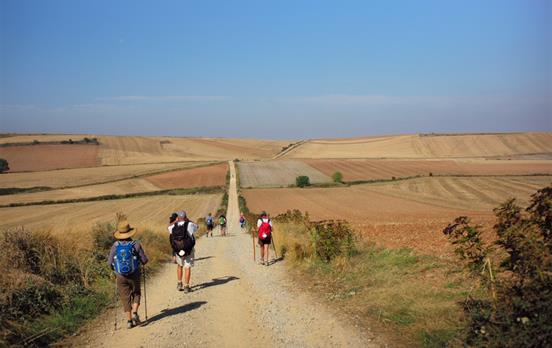

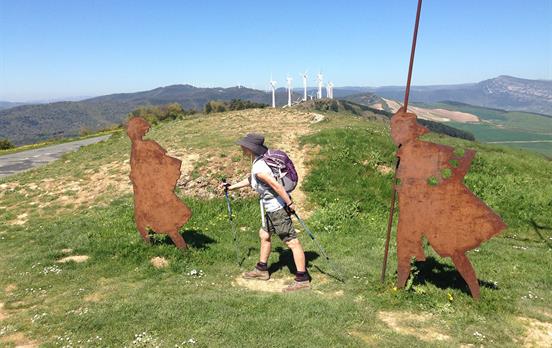

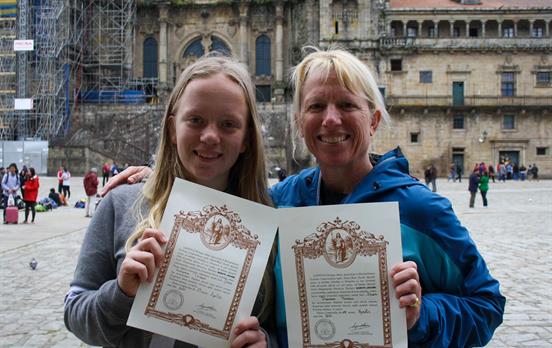
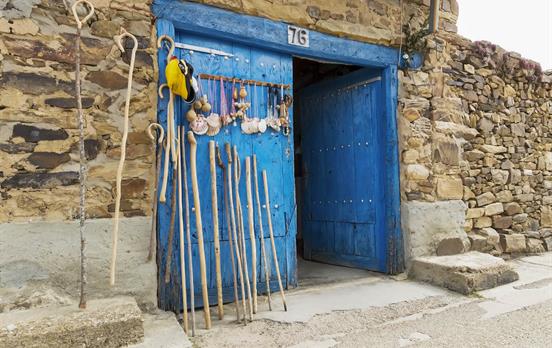
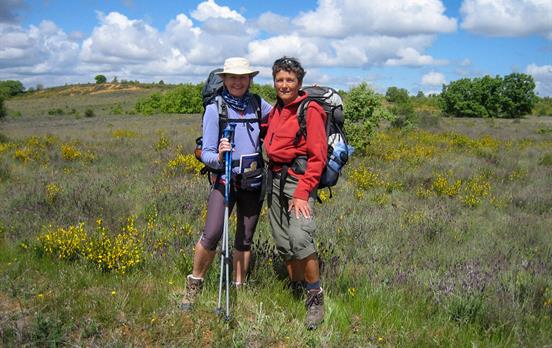
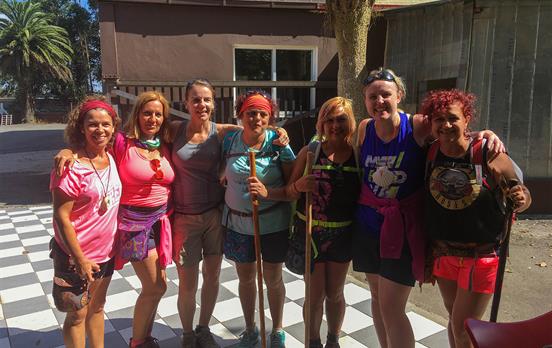
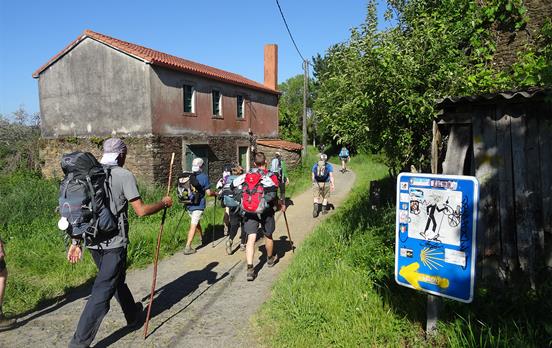
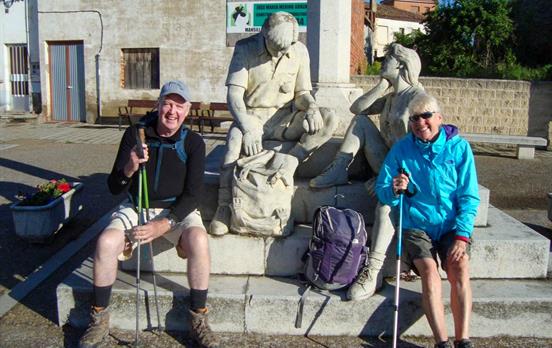
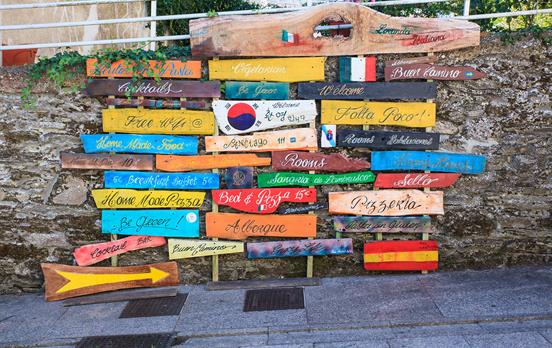


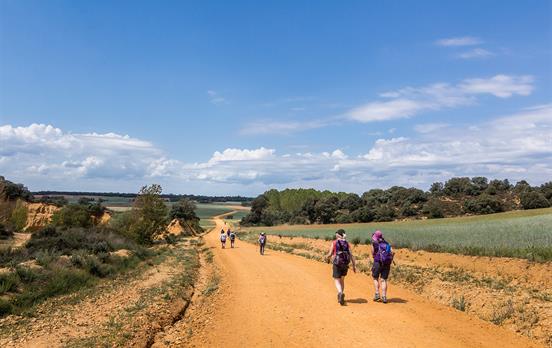
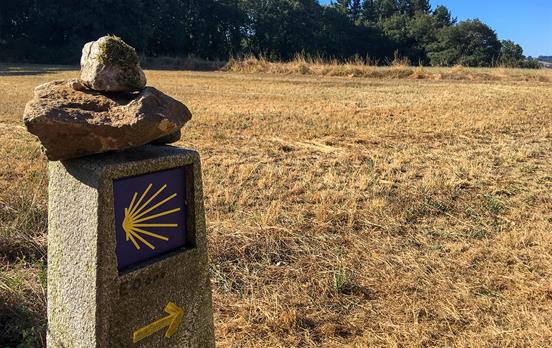
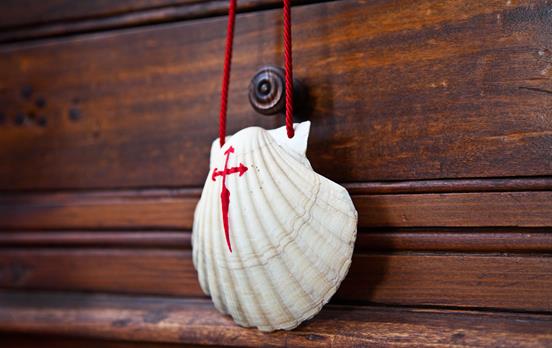
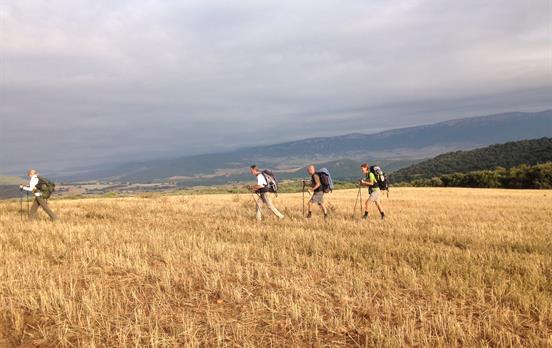
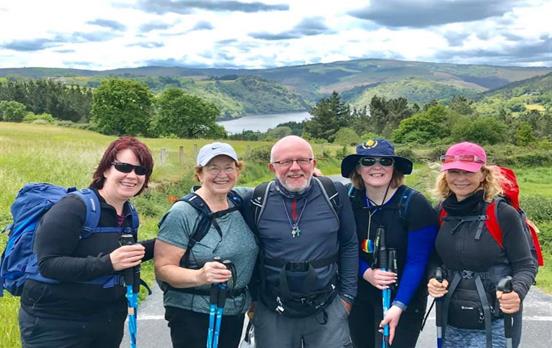

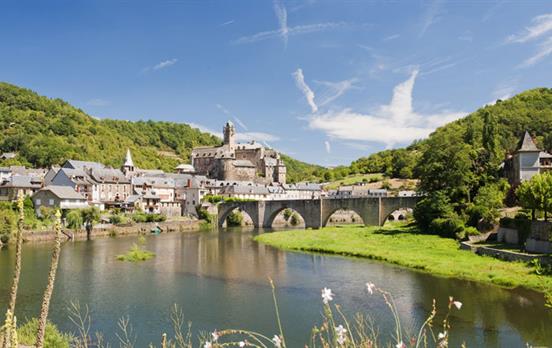

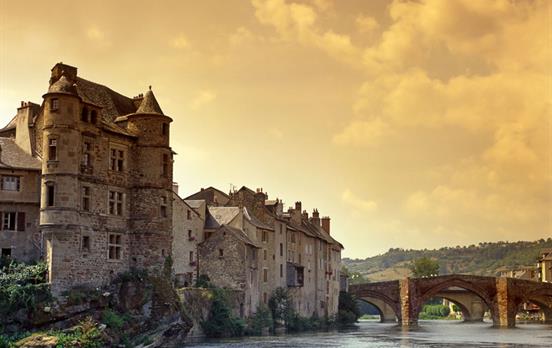
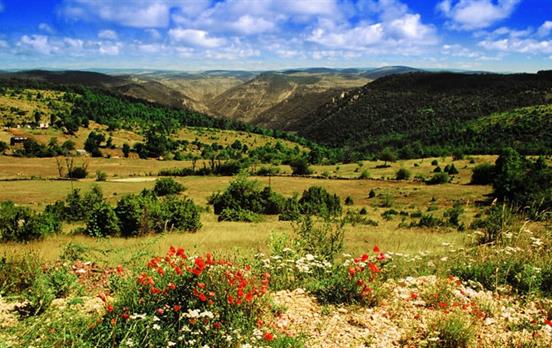
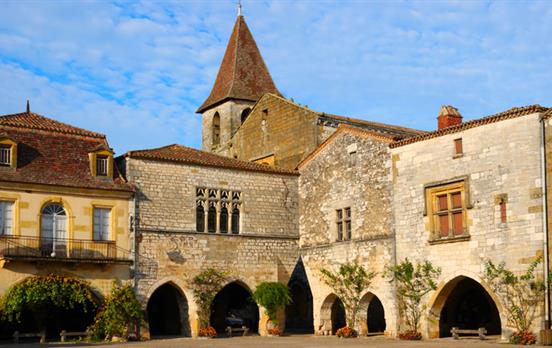
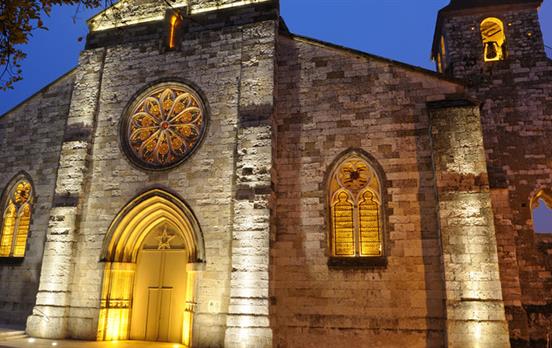
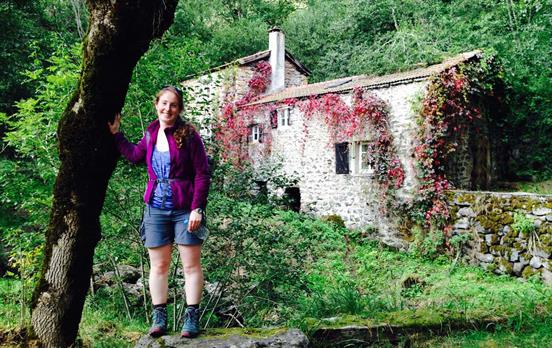
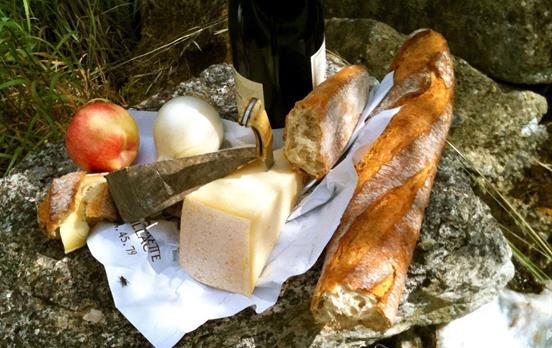
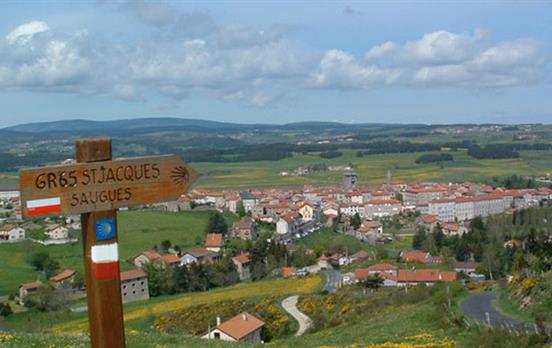
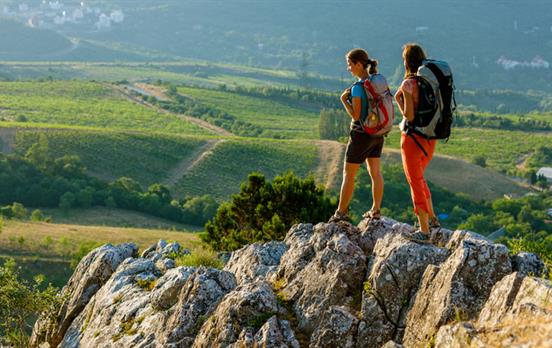
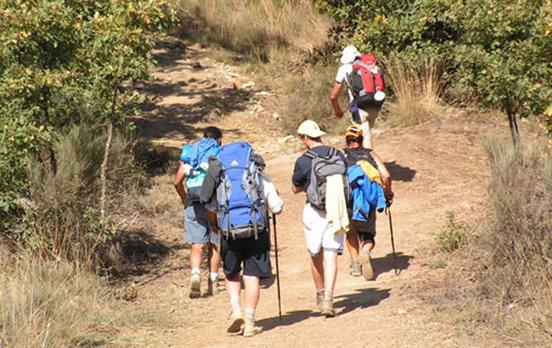
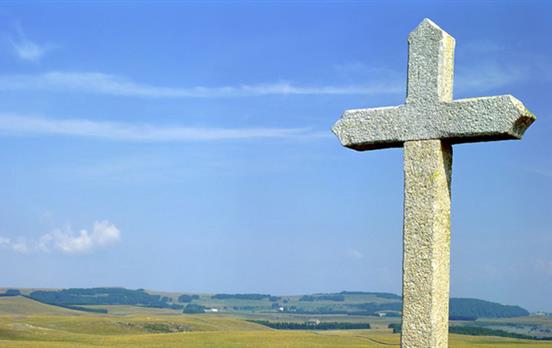
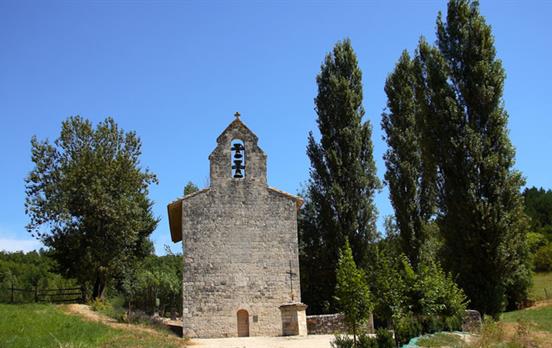
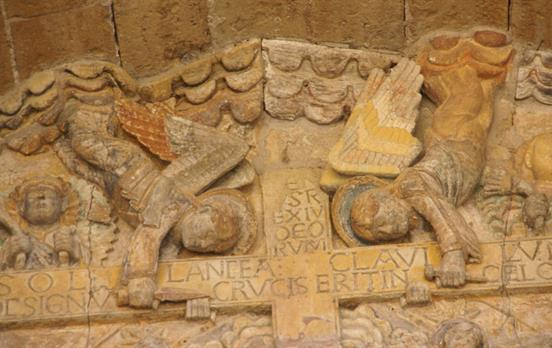
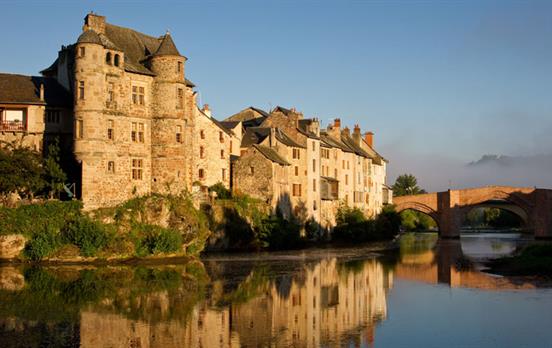
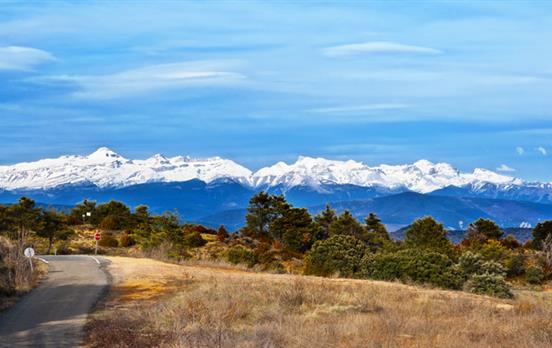
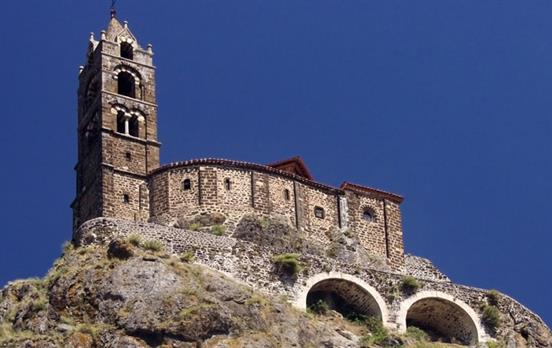
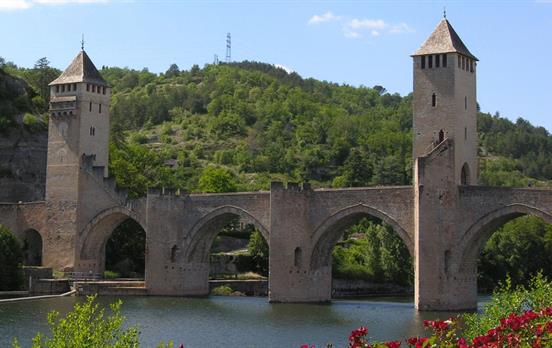
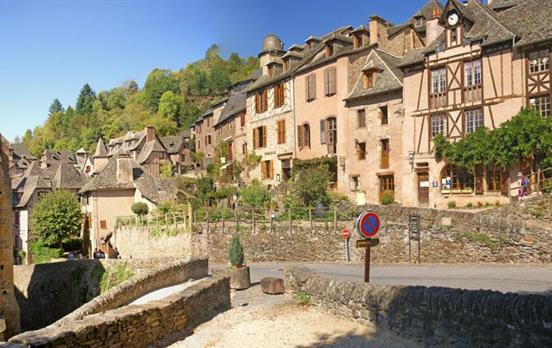
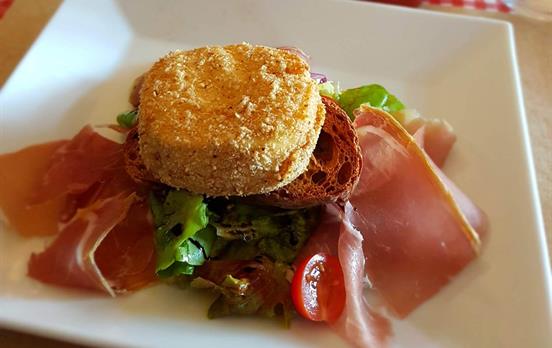
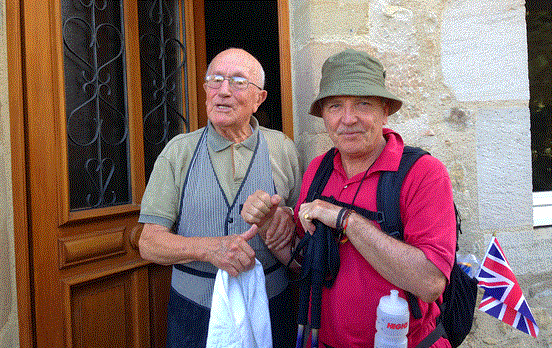
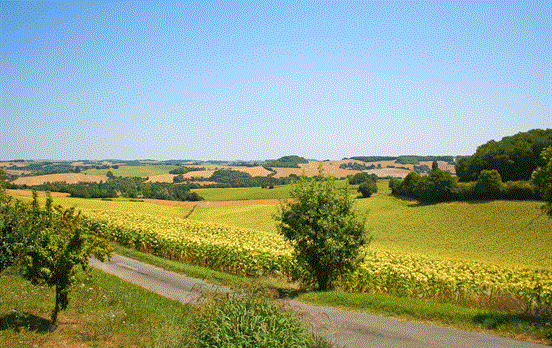

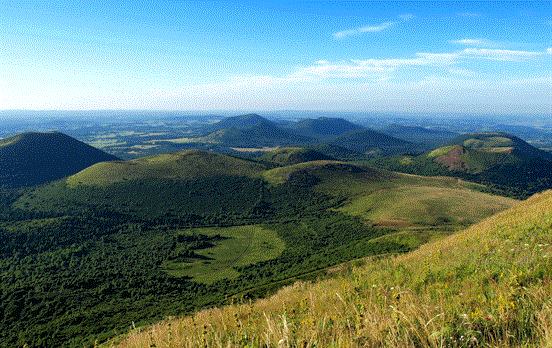
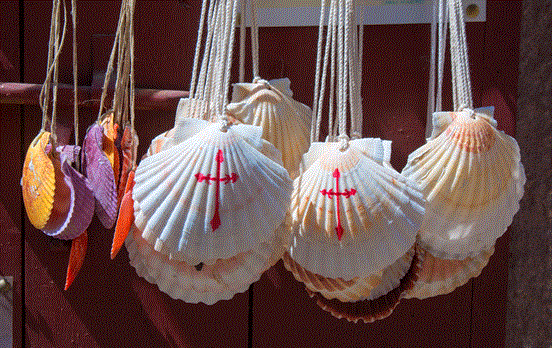

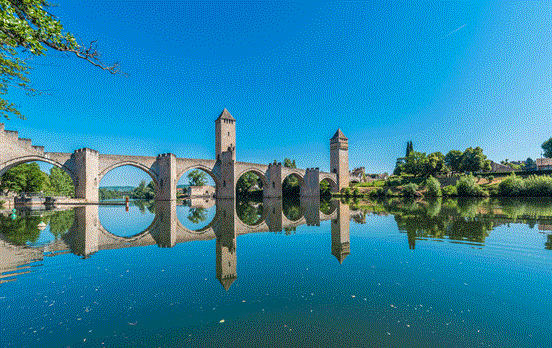

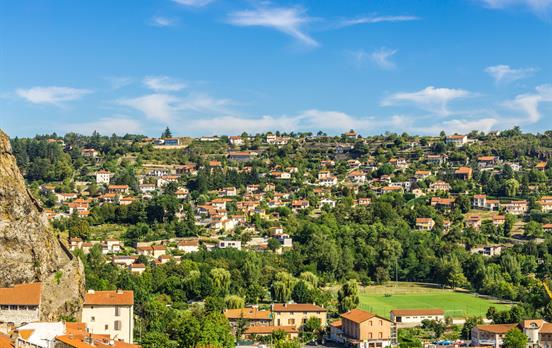


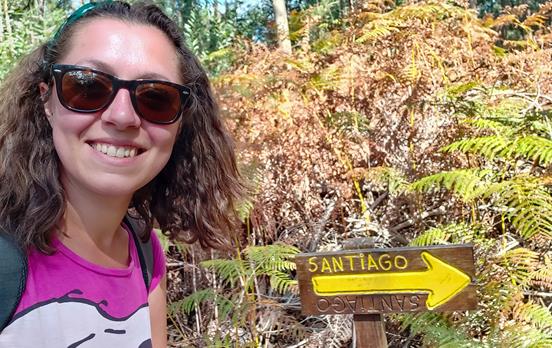
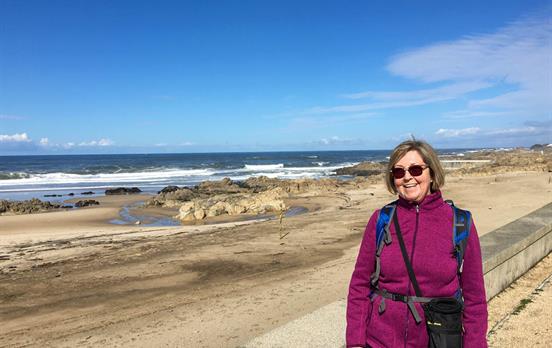
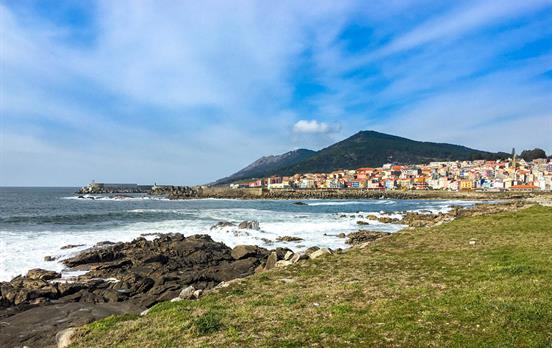
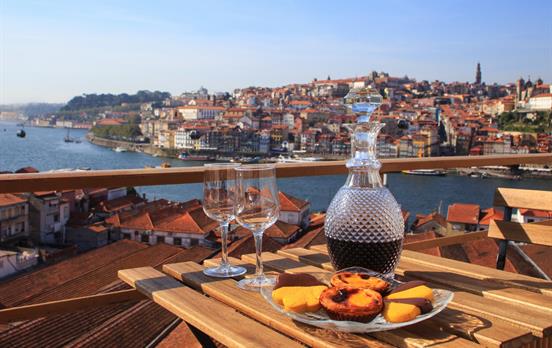
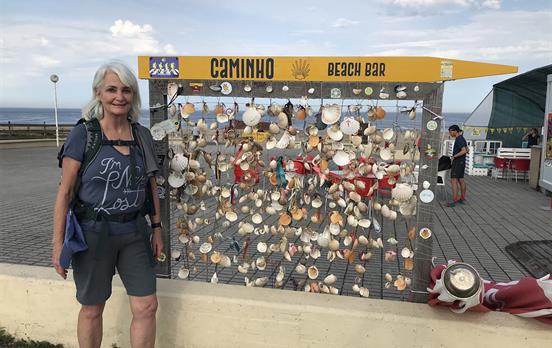

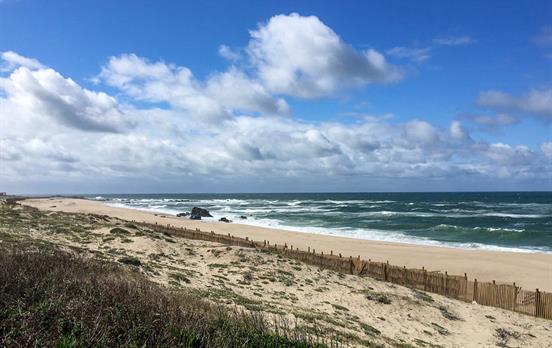
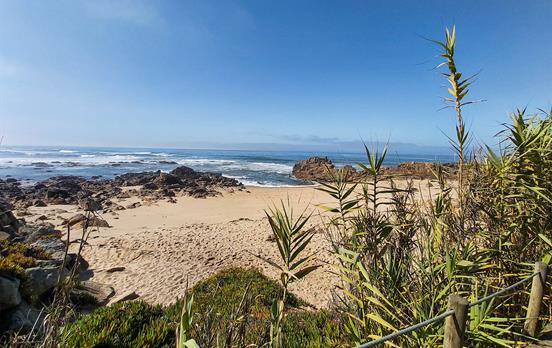

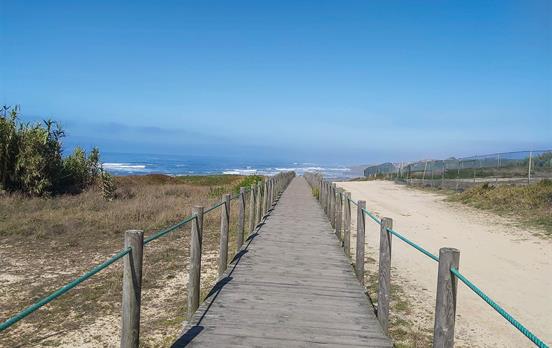
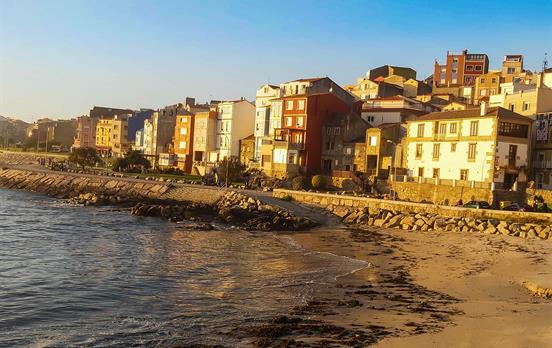
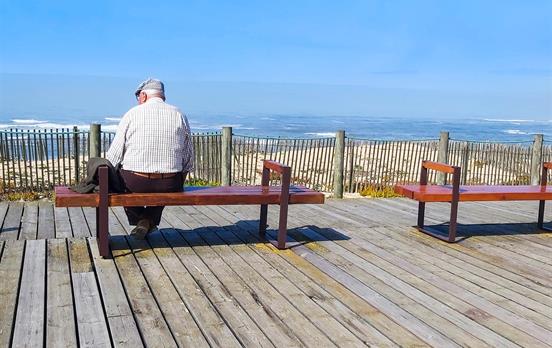
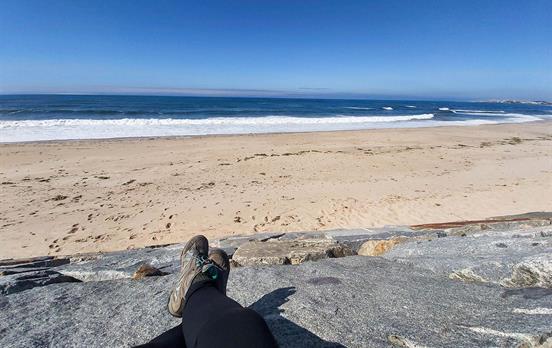
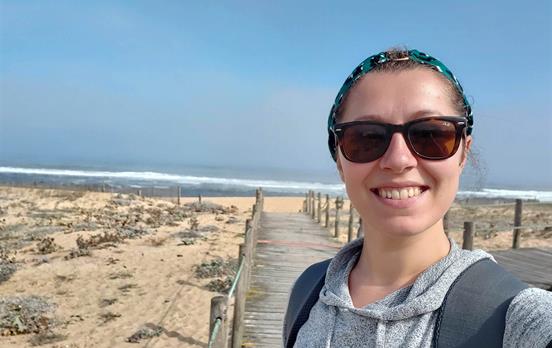
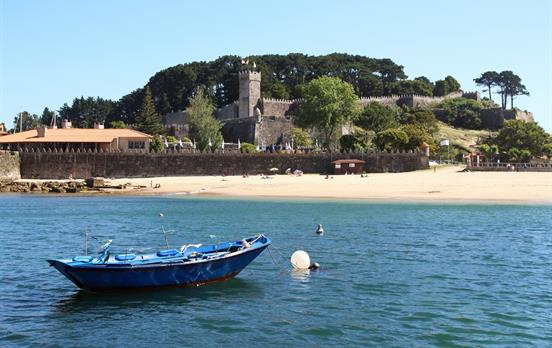
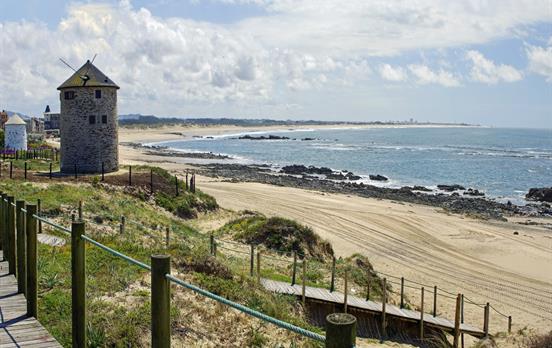
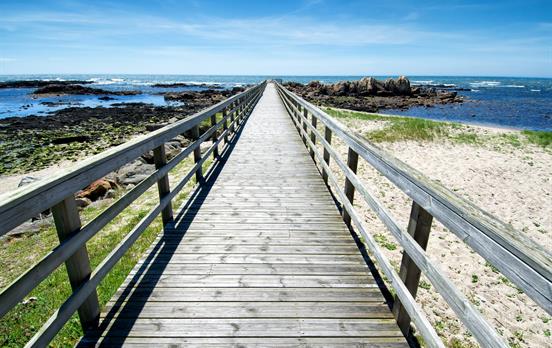
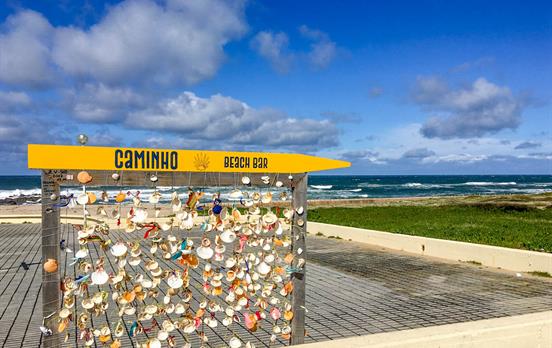
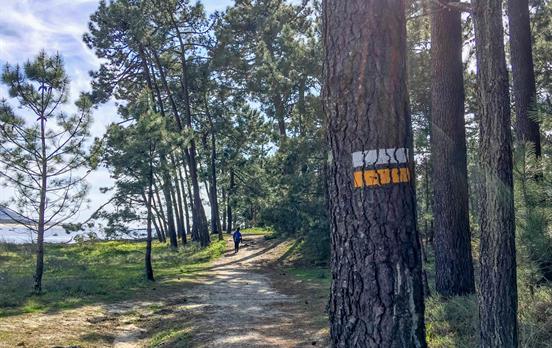
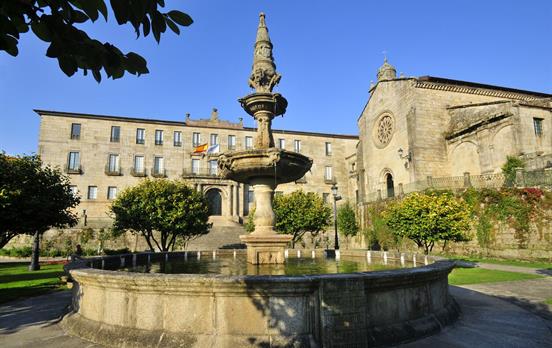

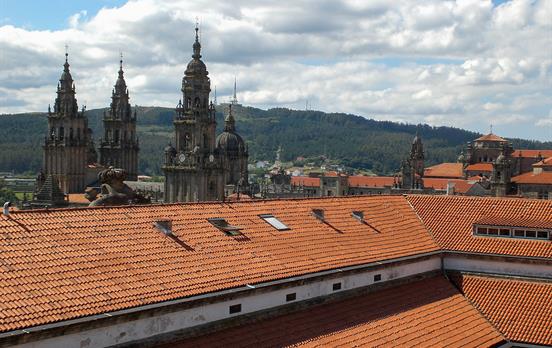
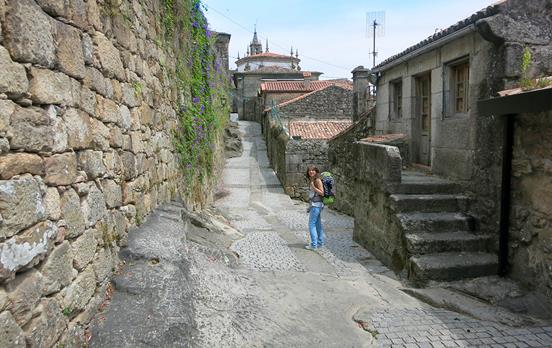
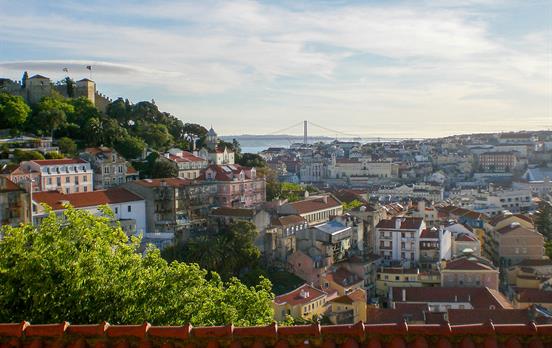
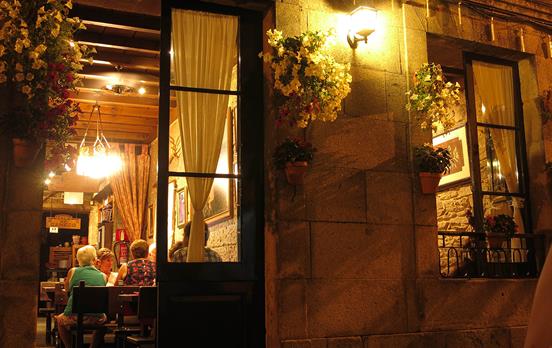
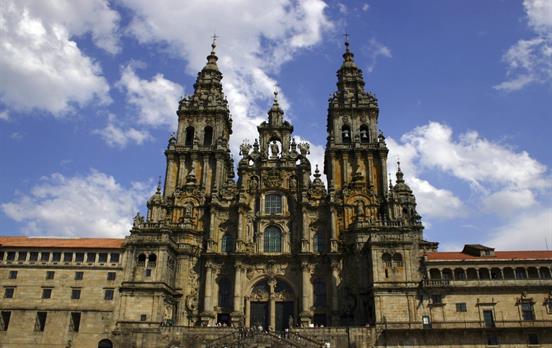
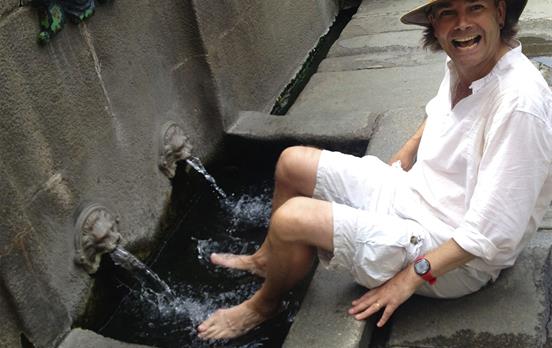
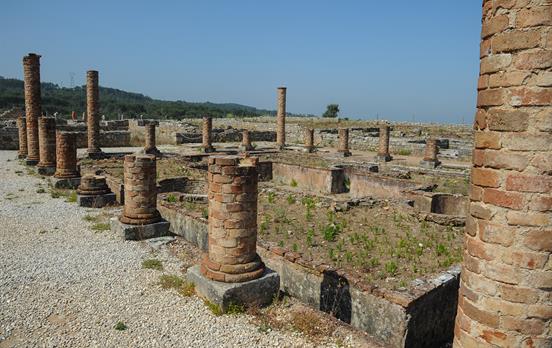
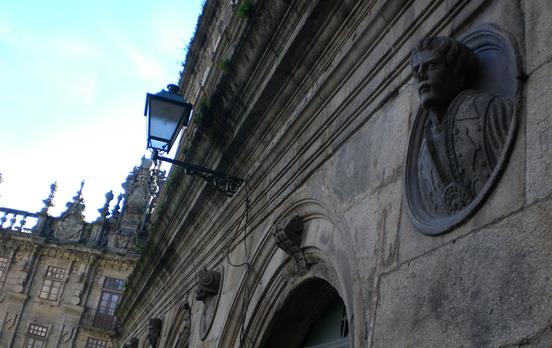
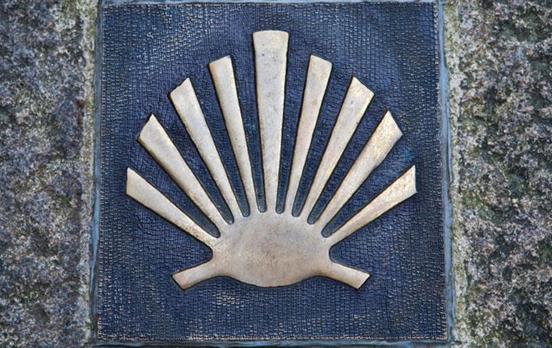

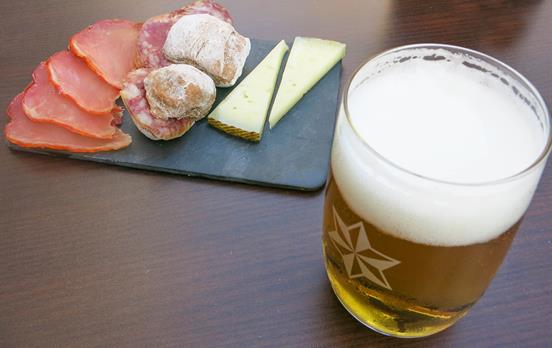
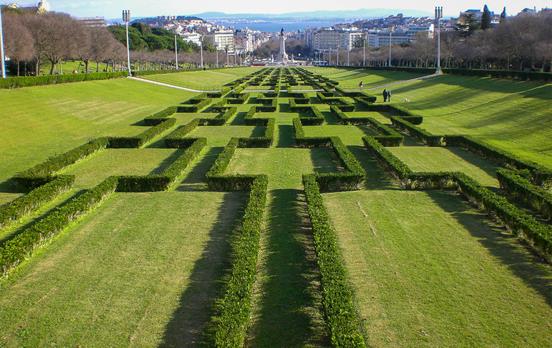

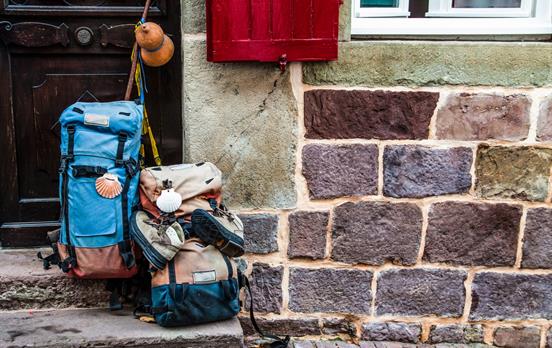
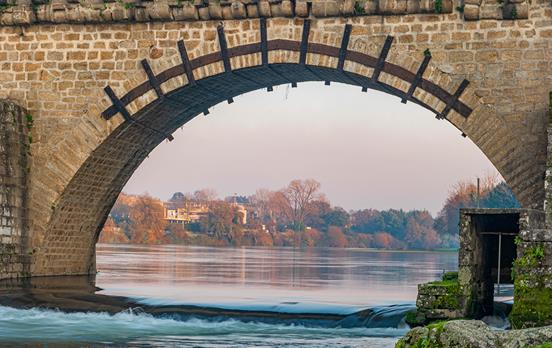
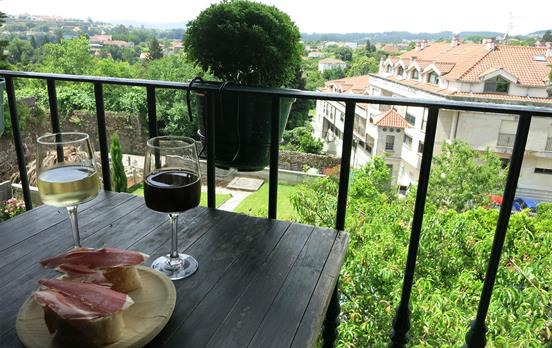

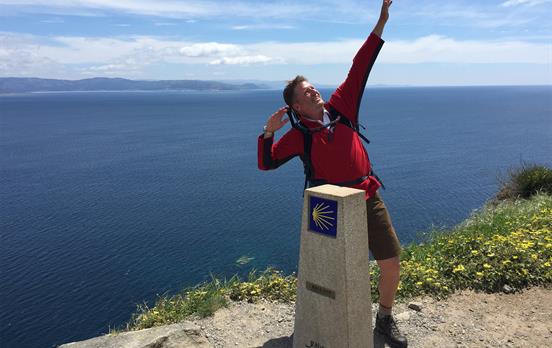
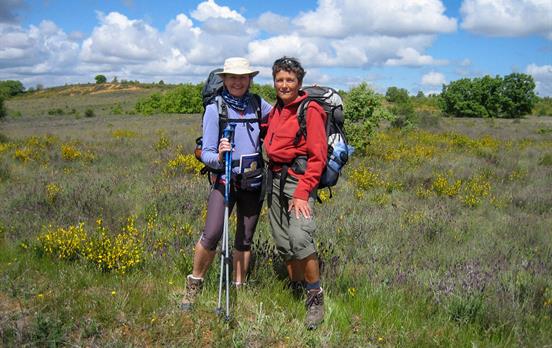
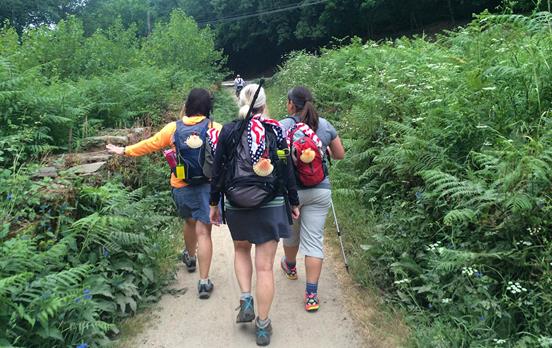


 Canada
Canada